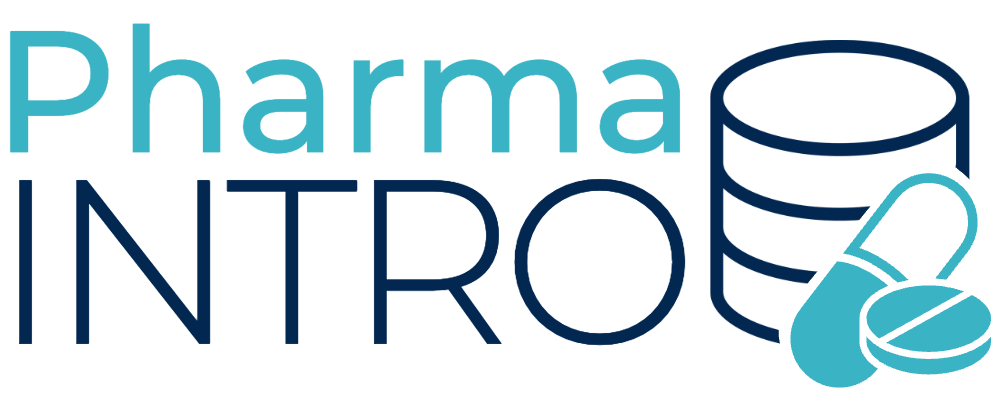Introduction
Pharmaceutical companies play a pivotal role in advancing medical science and improving the health and well-being of individuals worldwide. While the development of drugs for prevalent diseases receives significant attention, the importance of developing orphan drugs cannot be overstated. In this article, we explore the benefits that pharmaceutical companies derive from developing drugs for rare diseases, highlighting the positive impact they have on patients, the industry, and society as a whole.
Addressing Unmet Medical Needs
Developing an orphan drug allows pharmaceutical companies to address significant unmet medical needs within the rare disease community. Rare diseases often lack effective treatment options, leaving patients and their families burdened with limited or no therapeutic solutions. By investing in the development of orphan drugs, pharmaceutical companies provide hope and improved quality of life for individuals affected by these rare conditions. These drugs have the potential to transform the lives of patients who previously had few or no treatment options available to them.
Favorable Regulatory Incentives
Governments around the world have recognized the importance of incentivizing the development of orphan drugs. Regulatory frameworks, such as the Orphan Drug Act in the United States and similar legislations in other countries, offer various benefits to pharmaceutical companies. These include extended market exclusivity, tax credits, research grants, fee waivers, and accelerated regulatory review processes. These incentives help mitigate some of the financial risks associated with developing drugs for rare diseases, making orphan drug development a more attractive proposition for pharmaceutical companies.
Market Exclusivity and Competitive Advantage
Once an orphan drug receives regulatory approval, it typically benefits from a period of market exclusivity, during which competitors are restricted from marketing a similar product for the same indication. This exclusivity provides pharmaceutical companies with a competitive advantage in the marketplace, allowing them to recoup their investments and generate revenue to support further research and development endeavors. The limited competition within the orphan drug market also allows for pricing flexibility, which can help ensure the sustainability of ongoing research and development efforts.
Positive Public Image and Corporate Social Responsibility
Developing orphan drugs demonstrates a commitment to corporate social responsibility and fosters a positive public image for pharmaceutical companies. By addressing the needs of patients with rare diseases, companies can showcase their dedication to improving healthcare outcomes and contributing to the greater good of society. The development of orphan drugs enhances a company’s reputation and can result in increased stakeholder trust, collaboration opportunities, and partnerships with patient advocacy groups. These partnerships can provide valuable insights, patient perspectives, and support throughout the drug development process.
Scientific and Technological Advancements
The development of orphan drugs often involves cutting-edge scientific research and technological advancements. Companies engaging in orphan drug development expand their expertise and knowledge in specialized areas, pushing the boundaries of medical science. These advancements can have far-reaching effects beyond the specific orphan drug, contributing to the overall advancement of medical understanding, disease mechanisms, and therapeutic approaches. The insights gained from developing orphan drugs can be leveraged in future drug discovery efforts, benefiting the pharmaceutical industry as a whole.
Conclusion
The benefits of pharmaceutical companies developing orphan drugs extend far beyond financial considerations. By addressing unmet medical needs, leveraging regulatory incentives, gaining market exclusivity, and demonstrating corporate social responsibility, companies make a profound impact on patients, the healthcare industry, and society at large. The development of orphan drugs not only improves the lives of individuals with rare diseases but also drives scientific and technological advancements, fosters innovation, and enhances the reputation of pharmaceutical companies. Embracing the challenge of developing orphan drugs aligns with the core mission of pharmaceutical companies to advance healthcare and improve patient outcomes for all individuals, regardless of the rarity of their condition.

